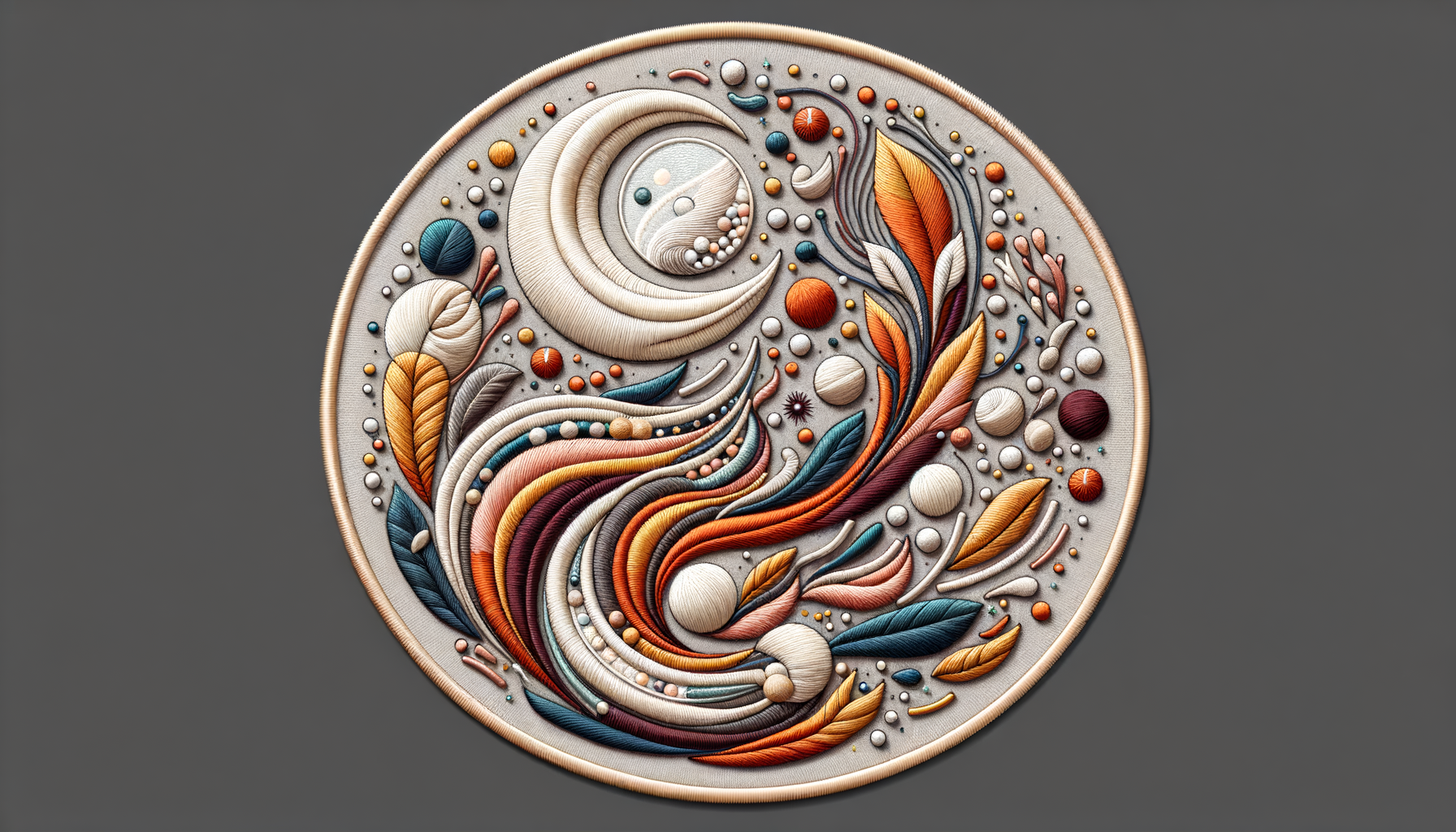The morning I failed, I woke up to the smell of seawater and regret.
It was the kind of Maine day when you could feel the dampness creeping in through the closed window panes—gray, moody, and more than a little judgmental. When the fog rolls off the harbor like that, it feels like even the weather is keeping secrets. Fitting, because I’d been keeping one from myself: I was about to faceplant spectacularly.
My first whiff of disaster came in the shape of a very enthusiastic email. I was 23, fresh out of college, and had decided, in the thunderous hubris of youth, that I was ready to lead my first solo nature workshop. I’d pitched an idea to the director of a small environmental center along Maine’s coast—a “storytelling in nature” retreat to marry my passion for writing and wilderness. To my surprise, they said yes. And then inexplicably, 20 people signed up—a mix of wannabe novelists, parents looking for a bonding experience, and one incredibly intense amateur birder named Gary.
If you’ve ever overcommitted yourself—hello to my fellow “sure, I’ll do that!” crowd—you already know where this is going.
Lesson #1: Dream Big, but Pack an Extra Map
The moment I stood at the trailhead with my clipboard and safety whistle, something became glaringly obvious: I had not prepared for... basically any of this. Sure, I’d mapped out the trails and created a curriculum that, on paper, looked dazzling. But I hadn’t considered that people would show up with wildly different expectations. One woman thought the workshop would fix her writer’s block. Another wanted tips to bring a "sense of wonder" to her travel blog. And Gary? Gary believed hawks were symbolic carriers of human fate and wanted me to co-write a short story with him about it.
By lunch, session one had gone completely off track. The group wasn’t inspired so much as mildly furious—lost in bad trail markers and worse metaphors. My planned “reflective journaling by the lake” turned into “panicked snack break at a questionable picnic bench.” All I could think was Rachel Carson wouldn’t have been caught dead standing in front of confused writers armed with nothing but a clipboard and the haunting taste of Costco trail mix.
What I learned (too late): Bold ideas are great. But bold ideas without proper research or backup plans? That’s just a scenic disaster waiting to happen.
Lesson #2: Failure Makes Great Kindling
After that disastrous first session, I trudged back to my car, defeated and sunburned. (By the way, there’s nothing like sweating in quick-drying cargo shorts to make you rethink your life choices.) I prayed the fog would roll in thick enough to hide me from the group so I could make an unannounced run for the ferry.
But surviving failure is weirdly like surviving Maine winters: you quickly figure out you don’t have the luxury to just “opt out.” Sure, quitting felt tempting, but I’d been paid $250 for the gig, plus a $50 travel stipend. When you’re a broke 20-something, $300 feels just enough to swallow some pride and keep slogging forward.
So that night, I did something terrifying—I sat with the wreckage of my first day and decided to start over. It wasn’t graceful, and it wasn’t pretty, but there in my crummy motel room with its off-brand shampoo and stale air, I rewrote the rest of the workshop from scratch. Forget the whistle gimmicks and the try-hard metaphors. Day two wouldn’t be about looking perfect but about showing up messy and real.
Spoiler alert: It worked. Okay, maybe not worked in the strictest sense—I’m pretty sure Gary is still somewhere rewriting the hawk story—but day two taught me not to take myself so seriously. One of my prompts accidentally turned into a laugh-out-loud group storytelling session, and someone told me later it was the first time they’d felt creative in months.
Takeaway for life: If your carefully built plan burns to the ground, you might be surprised to realize how freeing it can be to build something simpler, even scrappier, from the ashes.
Lesson #3: The Way Down Teaches You the Most
Honestly, it would have been easier to turn this failure into a neat, Pinterest-perfect moral ending: “I flailed, I learned, and now I’m a serene guru who quietly nails every life goal like an archer hitting a bullseye.” But let’s be real. I fumbled my way through those two days of workshops with the grace of a seagull who’s been hit by a rogue lobster buoy.
And you know what? That experience did more for me than any “success story” ever could. I stopped comparing myself to the polished persona I thought people expected of me. Relationships, professional or personal, aren’t built on how glowingly you deliver your wins—they’re built on the vulnerable, awkward moments where you admit you have no idea what comes next.
That first failure taught me resilience in a way that no amount of YouTube TED Talks ever could. Sure, it stung. But it turned out to be one of the better things to ever happen to me. Without it, I wouldn’t have learned the life-changing magic of saying, “I don’t know, but let’s figure it out together.” Because sometimes, the only way to move forward is to lean into the stumble.
Lesson #4: You Can Laugh About It Later
Here’s the thing about failure: it ages kind of like a fine wine—or at least like reasonably good, store-bought cider left just long enough to ferment. At the time, you’ll feel bruised. Mortified, even. But when you look back, you’ll realize your so-called disaster was just another story, one that you get to tell on your own terms.
To this day, I can’t walk through Acadia National Park without mentally planning better route markers just in case. I laugh at how I was so convinced I needed to be perfect to be taken seriously. The truth is, there’s a certain grace you only get to after falling flat on your face.
By the way, that failed workshop? It eventually turned into a “creative writing on the coast” program I successfully ran for four years. The lessons I learned didn’t just shape my career—they taught me that failures, ephemeral as they seem, are also beginnings in disguise.
Conclusion: Embrace the Mess
So, what do you do the next time life hands you a big old serving of facepalm? Recognize it. Learn from it. And when the initial sting fades—because it will fade—let yourself laugh about it.
I can’t promise you’ll enjoy failing (this isn’t a rom-com where everything ties up with a bow and a Phoebe Bridgers song). But if you let it, failure will nudge you into corners of life you wouldn’t have chosen—and sometimes those corners are where the best stuff blooms.
After all, the weathered edges of Bar Harbor’s cliffs weren’t shaped by calm tides but by head-on waves. And I don’t know about you, but I tend to trust the kind of beauty that comes from messing up spectacularly.




















